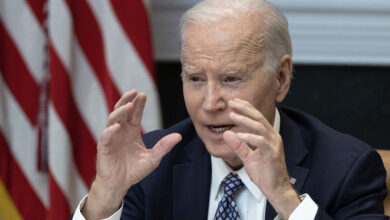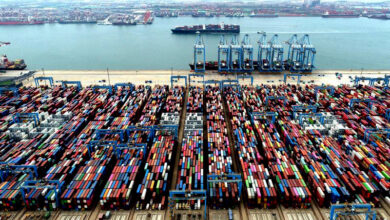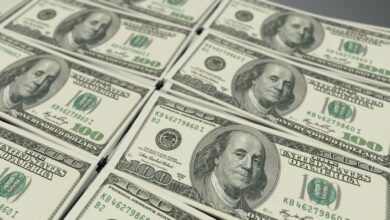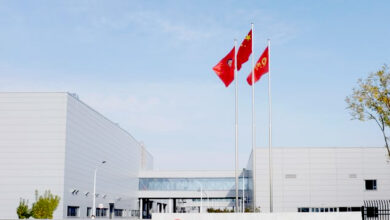The price of fuel is going to go up soon.

Pakistan’s Finance Minister Miftah Ismail says that the government will have to raise the price of gasoline to get Pakistan’s economy back on track and restart the IMF bailout deal.
The minister also said that the new government was ready to get rid of the fuel subsidies given by the old one. He spoke at the Atlantic Council, a think tank, on Friday night.
This week, the World Bank Group, which includes the IMF, is meeting in Washington, D.C. The minister arrived there on Thursday evening for the meeting, which took place in the evening. On Friday, Mr. Ismail, a former IMF official, met with senior IMF officials for the first time as Pakistan’s new finance minister, which was a good start.
They’ve talked about taking away the subsidy on fuel. There, he said: “I agree with them,” he said. “We can’t afford to pay for the subsidies that we’re giving out.” So, we’ll have to cut back on this
Ex-PM Imran Khan was accused of setting a “trap” for his successors by promising big subsidies on fuel just weeks before he left office.
There were concerns about the pace of IMF-mandated reforms in Pakistan in 2019. The IMF approved a $6 billion loan for Pakistan in 2019.
This is what Mr. Ismail said: He was looking forward to an early deal with the IMF on the 7th review of the loan package. The sixth review was conducted in February, and the IMF also agreed to give Pakistan $1 billion right away.
At the council meeting, Mr. Ismail said, “The only goal of the government is to keep the economy and the budget stable,” To help the country export more, steps will also be taken step by step.
The Minister: The subsidy on petrol for May and June would cost Rs96 billion, which the government “can not bear.”
Bloomberg has a report.
Bloomberg, a US financial wire, said earlier this week that “cash-strapped Pakistan had to cut power to households because of a lack of fuel.” Pakistan can’t afford to buy coal or natural gas from outside the country to run its power plants, according to the report.
The report said that Pakistan was also having trouble getting fuel from the spot market because prices of liquefied natural gas and coal rose to record highs last month because of the war in Ukraine.
A lot of money has been spent on Pakistan’s energy costs in the last nine months. They have doubled, and they can’t spend more money on more shipments.
The report said that the electricity crisis was making things even more difficult for the new government.
As a country that relies on energy imports, Pakistan has been particularly hard hit by rising fuel prices, the report said.
As he gave a speech to the council, he told them about the new government’s economic plan. It was meant to stabilise the country’s economy and finances by encouraging recovery and growth in the economy, he said.
The government, on the other hand, will make sure that this growth was all-encompassing and helped the poor, he said.
Mr. Ismail said that in his meeting with IMF officials, he also agreed to make structural changes to help the country’s economy get back on track.
This is how it was said by the minister: The previous PTI government didn’t tax petrol and diesel because it didn’t want to pay for it.
Putting the new government in trouble is Imran Khan, he said. “Making petrol cheap is not a favour, it is the money of the country that they give subsidies.”
There is a subsidy of Rs52 on diesel and Rs21 on petrol, which means the government has to pay Rs68bn out of its own money just for April’s subsidy.
Pakistan, he said, was the fifth-largest country in the world, but the subsidies it gave mostly went to the rich.
“We have such a rich-friendly country that almost all of the subsidies you can think of go to the richest people,” he said.





